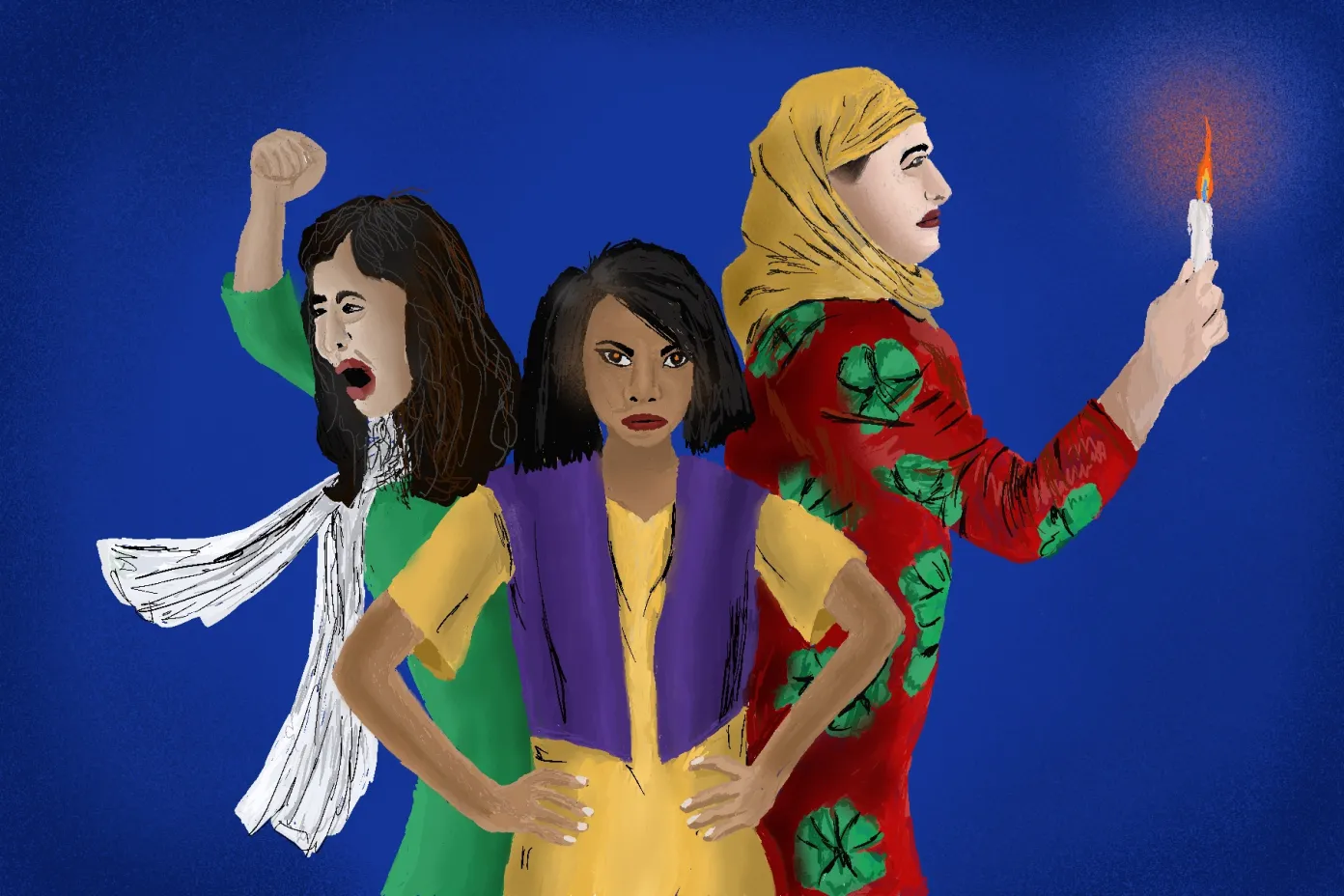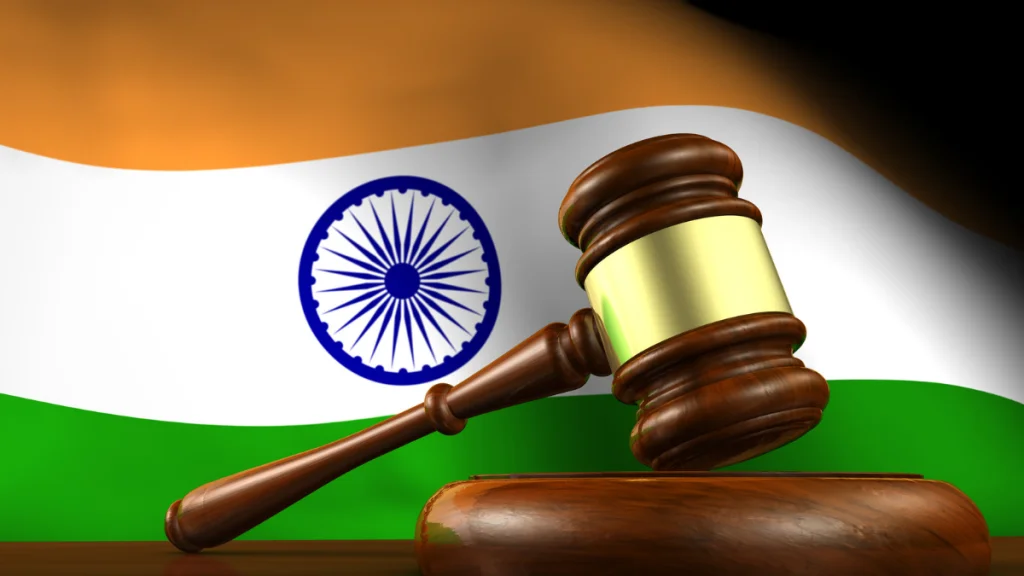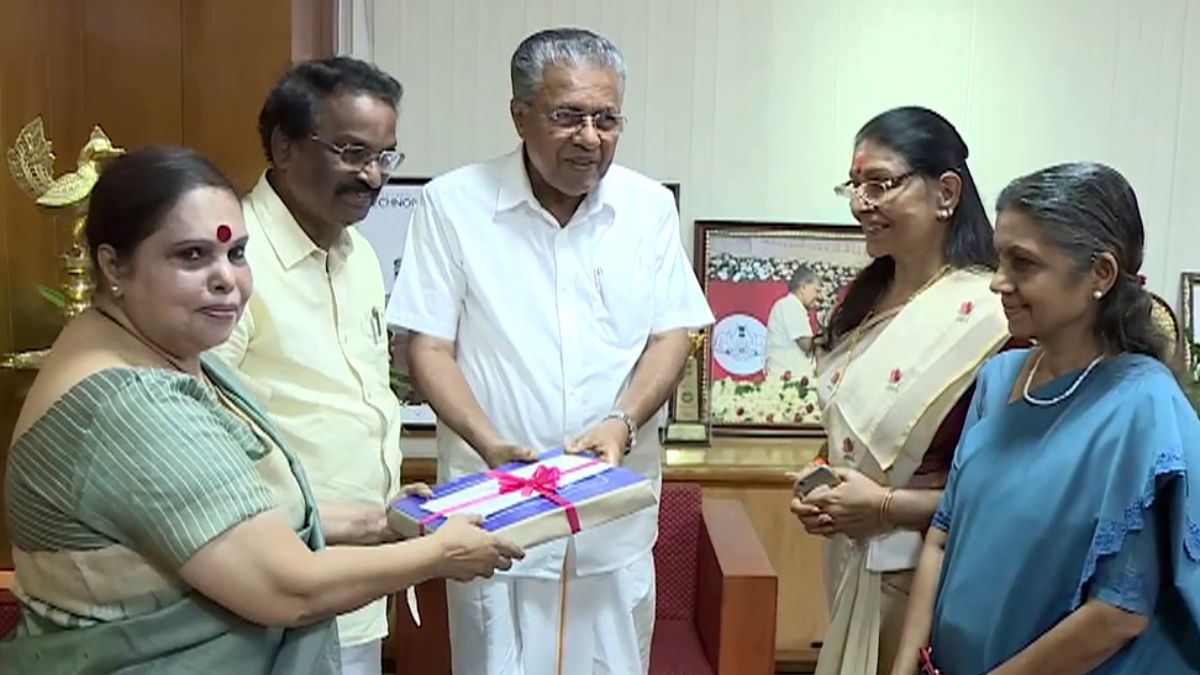On 24th July 2024, the Justice K. Hema Commission Report was going to be released, which was set to be a comprehensive exposé report that shattered the mask veiling the dark truths behind the patriarchal Malayalam film industry, revealing the realities of women workers’ conditions in the industry. However, the release of the report keeps being delayed over alleged concerns for the safety and career of the female professionals who have testified. The other perspective entails that since the exposé would jeopardise the image and career of many prominent male actors and significantly impact the empire of the industry, the Hema Commission report continues facing multiple hurdles ever since its inception.
However, the release of the report keeps being delayed over alleged concerns for the safety and career of the female professionals who have testified.
This time, the Kerala High Court has stayed its release over a PIL filed by producer Sajimon Parayii, who brought the same concern that halted the report previously for 3 years: that the report would jeopardise individual privacy and even impact the reputation and livelihood of those industry people who have given their testimonials.
The case that started it all: Malayalam superstar Dileep is identified
A prominent Malayalam female actress was sexually assaulted in a moving vehicle on the night of 17th February 2017, and the disturbing visuals were also recorded as part of a crafted plan against the actress. It was revealed that the 6 men who perpetrated the attack were hired, which included drivers in the film industry by the names of Pulsar Sunil, Mani, Martin Antony, Saleem, Pradeep, and Vijesh. The mastermind behind this targeted sexual assault was revealed to be one major name in the Malayalam film industry—actor Dileep, a very successful and powerful name, one of the ‘big three’ of the industry. Pulsar Suni was the main perpetrator identified by the actress, who was arrested a week after the assault, and he was a close friend of Dileep.

According to the investigations, Dileep wanted to record the video of the actress to settle his personal vendetta against her. The actress had publicly shown support for actress Manju Warrier, the actor’s wife. She was reportedly the one behind the separation of the two, as she told Manju about the actor’s affair with actress Kavya Madhvan.
On July 10, 2017, Dileep was arrested, and the Association of Malayalam Movie Artists (AMMA) expelled him as well, but he was granted bail 85 days later. Court charges were filed against him and the 11 other accused.
Throughout the years, the male-dominated Malayalam film industry, like all the commercial film industries in India, have been called out for their lack of proper female representation on screen and the promotion of extremely problematic and sexist messages through their films.
The dark truth behind this “Janapriya Nayakam,” or the people’s superhero as he was popularly known by, has made an irreversible change in exposing the underpinnings of the deeply patriarchal and misogynistic Malayalam film industry, which had tried its best to keep its blatant misogyny under the wraps for long. Throughout the years, the male-dominated Malayalam film industry, like all the commercial film industries in India, have been called out for their lack of proper female representation on screen and the promotion of extremely problematic and sexist messages through their films.
Despite the seeming knowledge about the problematic character of the industry, the case became a pivotal point in directly confronting the disturbing truth behind the scenes, which popular discourse seemed to never directly address prior to the case. It finally confirmed the suspicions that the industry has always been centred around the control of these powerful men and their allies, who could get away with doing anything.
The long ongoing battle of the Hema Commission and WCC
The Women in Cinema Collective (WCC) came into existence following this case with the initiative of Manju Warrier, and they had launched the Avalkkoppam (With Her) campaign on social media to show solidarity towards the victim. The WCC had filed a petition to the Kerala government to investigate the concerning working conditions of women in the industry, leading to the formation of the Hema Commission led by Judge K. Hema in July 2017.

The Hema Commission took testimonials from multiple women employed in the industry to record the various forms of gender discrimination prevalent in the industry, including the wage disparity, undisclosed cases of harassment, and threats to employment, among many other things, and compiled them in a 300-page report backed with audio and video proofs. It had also indicated the presence of the notorious casting couch and the prevalence of drugs and liquor on sets. The final report had been submitted to the Chief Minister Pinarayi Vijayan in 2019.
However, the state did not act on the report for three years and refused to disclose the report’s content under the pretext that it would violate the confidentiality of the respondents. Following this, multiple RTIs had been filed by activists and the WCC, and finally the State Information Commission ruled on 6th July 2024 that an edited version of the report must be made public after removing 70 pages from the original report to safeguard the identities of those who testified.
As it was set to be released on 24th July 2024, Justice P.M. Manoj of the Kerala High Court has halted its release for a week over the petition by Sajimon Parayil, which is set for the hearing on 1st August. The Kerala Film Producers Association has distanced themselves from this petition by declaring that they are not involved in the objection against the report, noting that the petitioner producer, Sajimon Parayil, is not a member of the association.
The Kerala Film Producers Association has distanced themselves from this petition by declaring that they are not involved in the objection against the report, noting that the petitioner producer, Sajimon Parayil, is not a member of the association.
Actress Bhagyalakshmi shared her comments to Manorama News: ‘If the intention was to omit sensitive content, why was the need for such a commission? The Hema Commission was set up to probe the issues involved in the assault on the actress and also the other deep-rooted malaises plaguing the industry. Many had vouched before the commission that they had similar bad experiences in the industry. Some have even named the culprits, and the commission has noted these. After all, what purpose does it serve to mask the names of the perpetrators?‘

In conversation with Matrubhumi, Malayalam film director Vinayana raised his concerns at the hindrances posed by a certain section of influential people in the industry to protect their prestige and power: ‘They will go to any lengths to ensure that the Hema Commission report is not out.’
The Hema Commission report: key takeaways
Since the façade of superstar Dileep broke, things have never been the same for the Malayalam film industry. The AMMA, along with many more actors, chose to side with Dileep and reaffirmed the toxic patriarchal bias of the industry. The actress and the other actresses, who spoke up in solidarity or opened up about their own similar experiences, had been isolated by the industry, which ended up with them leaving the Mollywood film scene. However, despite the many pitfalls this case has had and the multiple hurdles that the Hema Commission report continues facing, there is no doubt that the tide of the conversations has now shifted.
Many prominent actors like Prithviraj, Tovino Thomas, Parvathy, Anna Ben, Nimisha Sajayan, and Rima Kallingal had quickly expressed their solidarity with the survivor by reposting her social media post, while Dulquer Salmaan and Nivin Pauly also joined, albeit a bit late. The other two superstars of Mollywood, Mammootty and Mohanlal, took some time but also expressed solidarity with the survivor. Along with this, the media, the opposition, and the activists have been relentlessly pursuing the case and refuse to let things ever go back to the way they were: hidden under the covers.

The Hema Commission report is one major force that shall add the nail to the coffin in the way things have been working in the Malayalam film scene. Like all forces that threaten and challenge the status quo, it has continued facing multiple hurdles, and yet its existence and its implications are something that cannot ever be denied.
About the author(s)
Sarah (She/Her) is your local student journalist and writer pursuing her Bachelor's in Literature from Delhi University. She seeks to strike a balance between a chaotic chronically online gen-z and an insatiable learner. At the risk of coming across as cheesy, she quotes Oscar Wilde on being asked to introduce herself, "To define is to limit."




